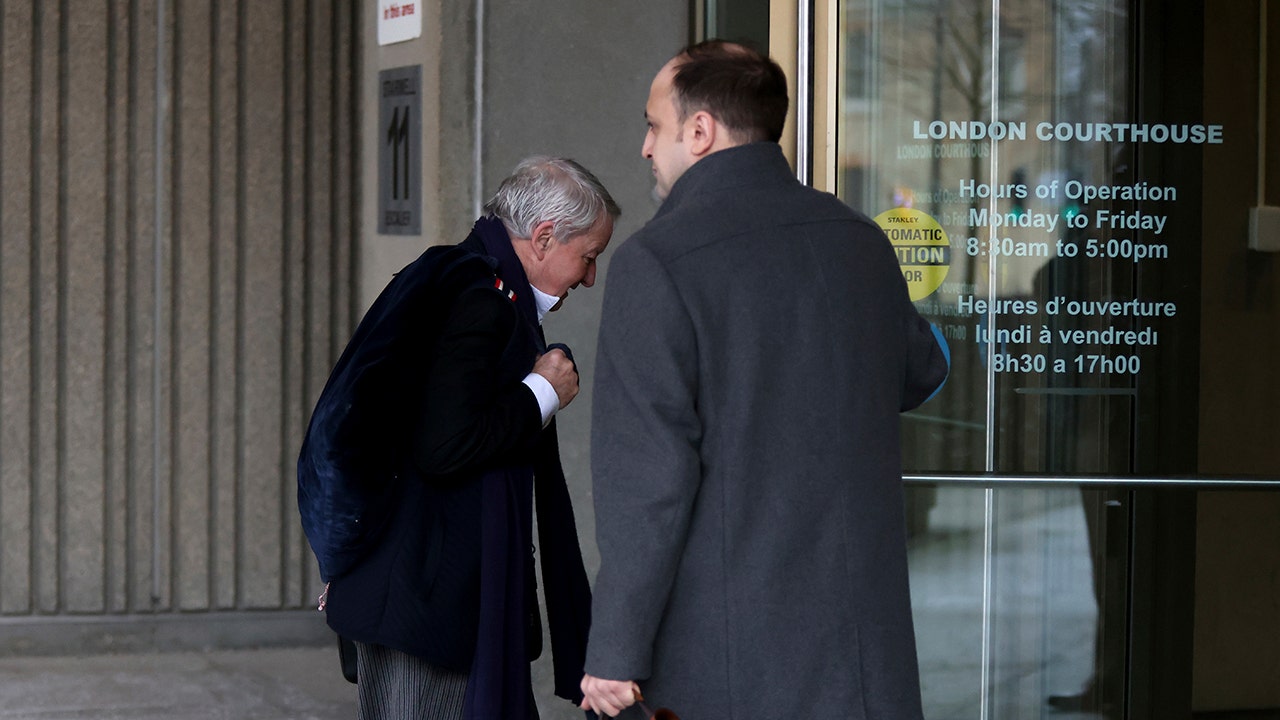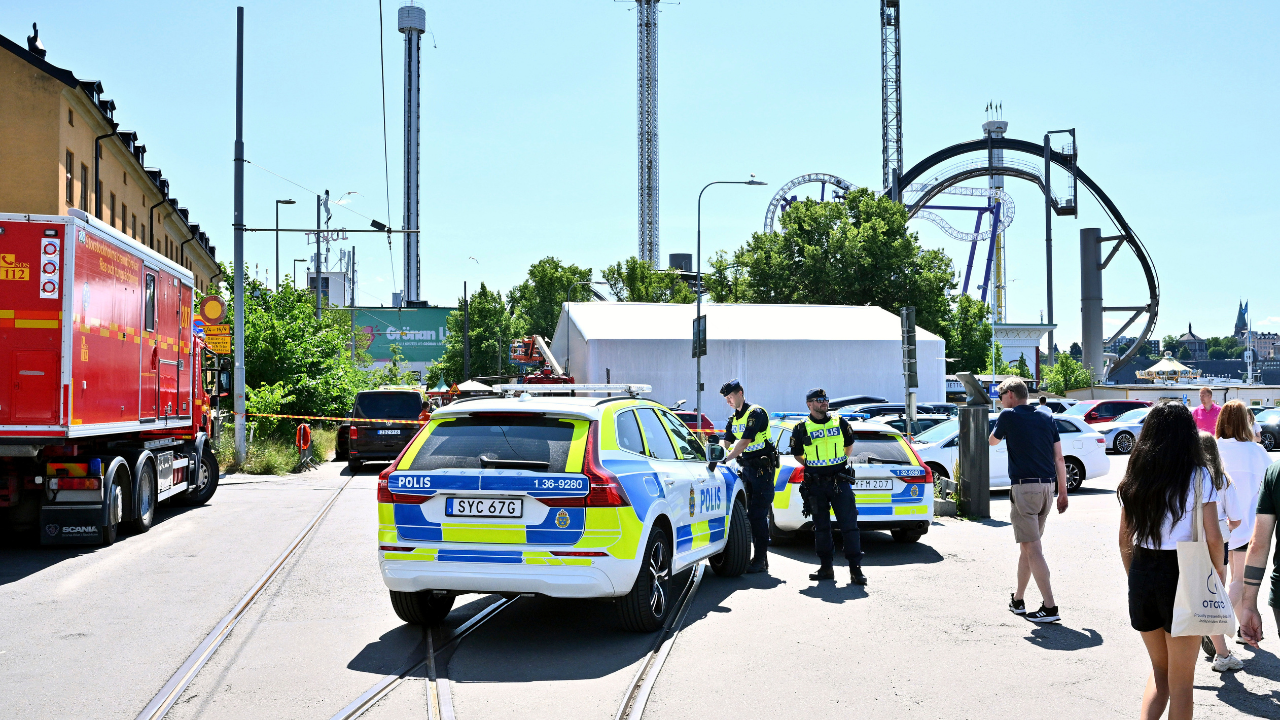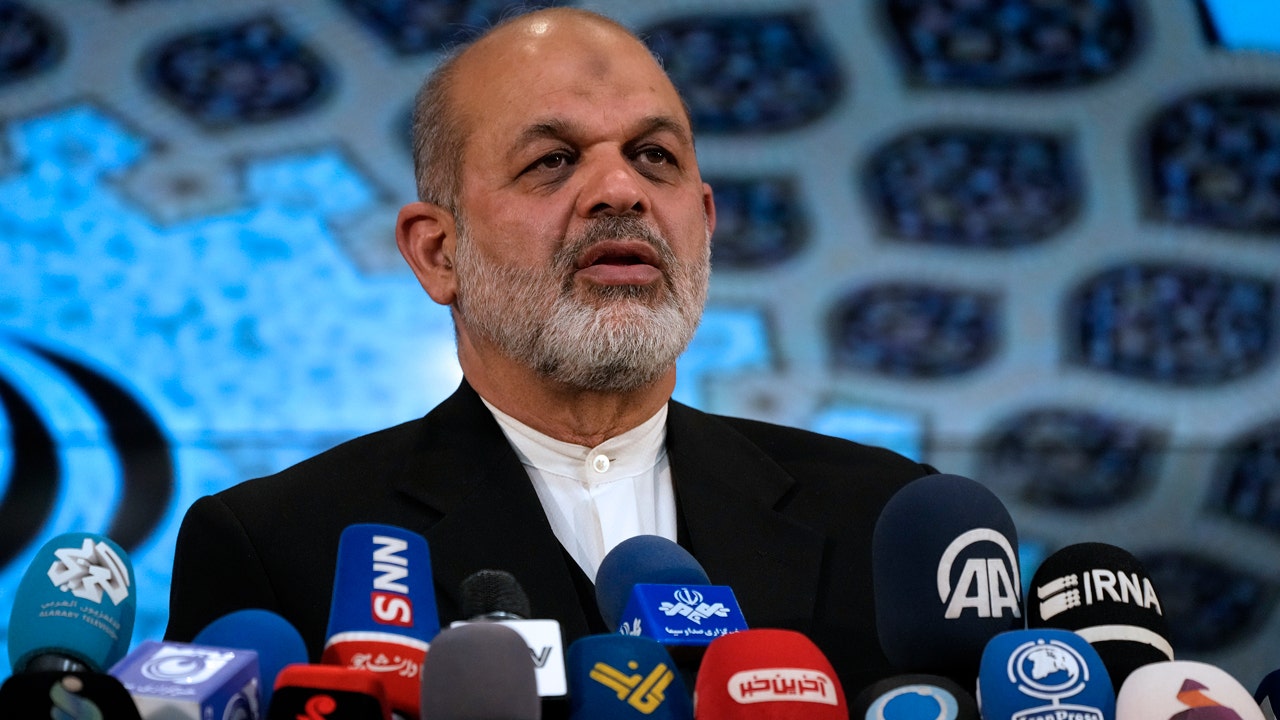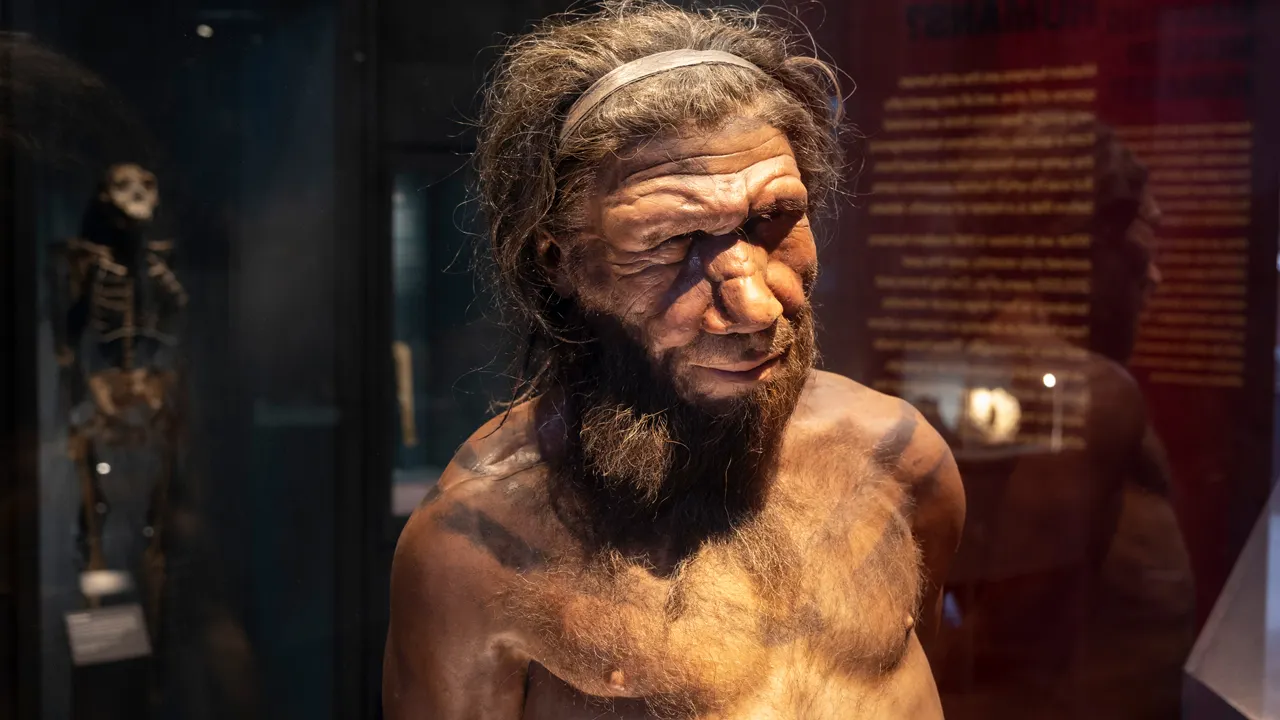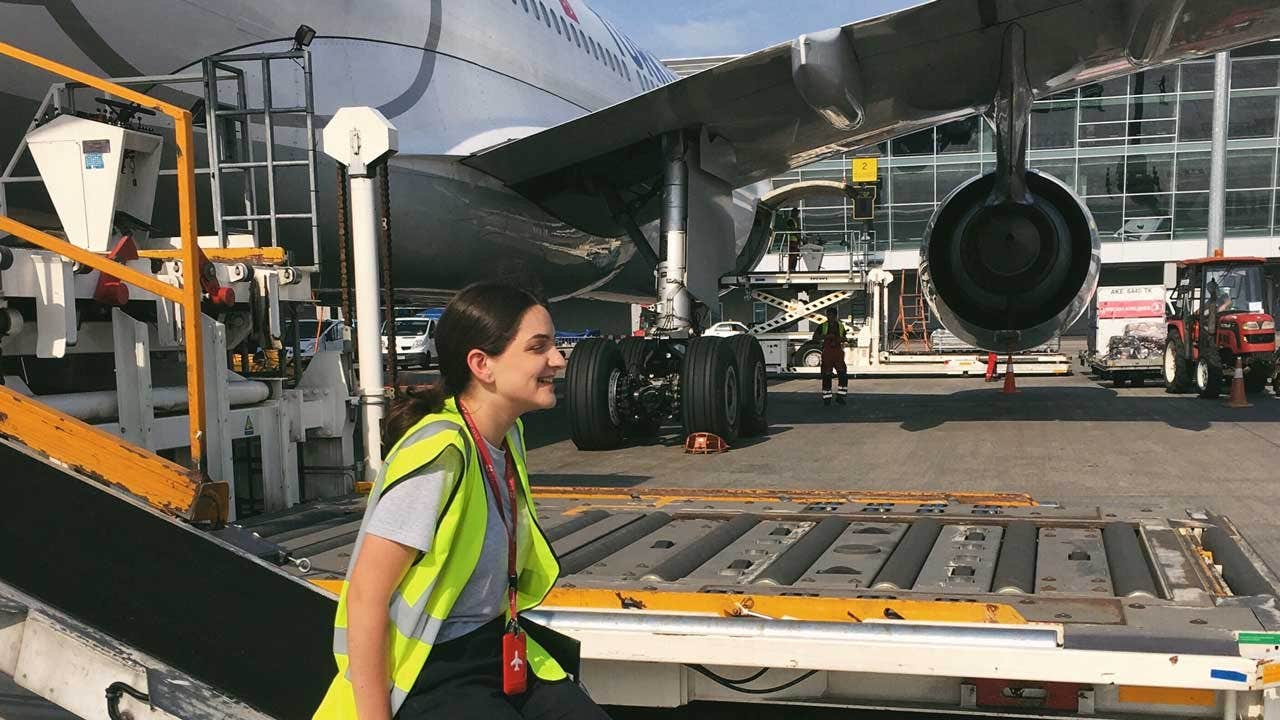Why does this election matter?
Rwanda’s presidential and parliamentary elections this year are taking place three decades after the genocide in which some 800,000 people were killed.
President Paul Kagame, who helped end the bloodshed, has been in power ever since and is expected to win again in this election, which takes place on July 15. Under his rule, the Central African nation of Rwanda has achieved significant economic strides and become a leading contributor of troops to the United Nations’ peacekeeping forces. But critics say Mr. Kagame has also overseen a repressive state accused of widespread human rights violations and where power and wealth are reserved for his ethnic Tutsi elites.
The election is taking place against the backdrop of rising tensions with the neighboring Democratic Republic of Congo. Mr. Kagame has accused Congolese officials of backing Hutu rebels who fled after committing genocide in 1994 and who he says plan on returning to finish what they started. Mr. Kagame has, in turn, been accused of sowing chaos in eastern Congo by backing rebel forces who have carried out massacres and displaced tens of thousands of people in the country.
The election season began as the president promoted his country’s readiness to receive migrants deported from Britain — a contentious plan that may never come to fruition, policy analysts and opposition leaders say. Prime Minister Rishi Sunak has delayed the first deportation flights until after the July 4 elections in Britain.
Who is running, and who is likely to win?
Mr. Kagame, 66, is expected to win a fourth term, according to observers. (There are no independent polls in Rwanda.) In 2015, he oversaw a referendum that changed term limits, ensuring that he can extend his tenure until 2034.
He won in 2017 with almost 99 percent of the vote in an election that observers said was rigged. The arrest and prosecution of opposition members, the intimidation of activists and accusations that many voters were forced to choose Mr. Kagame all pointed to voting that was not free or fair, independent observers and rights groups said.
So far, two candidates — Frank Habineza, the leader of the opposition Democratic Green Party of Rwanda, and Diane Rwigara, an opposition figure barred from the 2017 race — have submitted their presidential candidacy papers to the National Electoral Commission, establishing their intent to run. The agency can accept their papers but has the power to reject or nullify their candidacy later.
Victoire Ingabire, a fierce critic of Mr. Kagame, has also expressed interest in running, though, in March, a Rwandan court blocked her from joining the contest, citing her past conviction for terrorism and genocide denial. Ms. Ingabire was sentenced to a 15-year sentence but Mr. Kagame commuted her jail time in 2018. In April, she lodged a case at the East African Court of Justice challenging the recent ruling from the Rwandan court.
The electoral commission is expected to announce the final list of presidential candidates in mid-June.
How does Rwanda vote?
The Electoral Commission has said that some 9.5 million people have so far been registered to vote in this year’s presidential and parliamentary elections. Up to two million of them are first-time voters.
The election will be a three-day affair. On July 14, Rwandans living abroad will begin voting at the country’s embassies and diplomatic missions. On July 15, voters in Rwanda will go to the polls to choose their president and 53 of the 80 seats in the lower house of Parliament. On July 16, the remaining 27 members, who include representatives of the youth and disabled, will be elected.
When will we find out the results?
The Electoral Commission will publish provisional election results on July 20. It will announce the final results on July 27, about two weeks after voting day.

